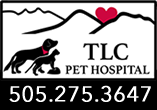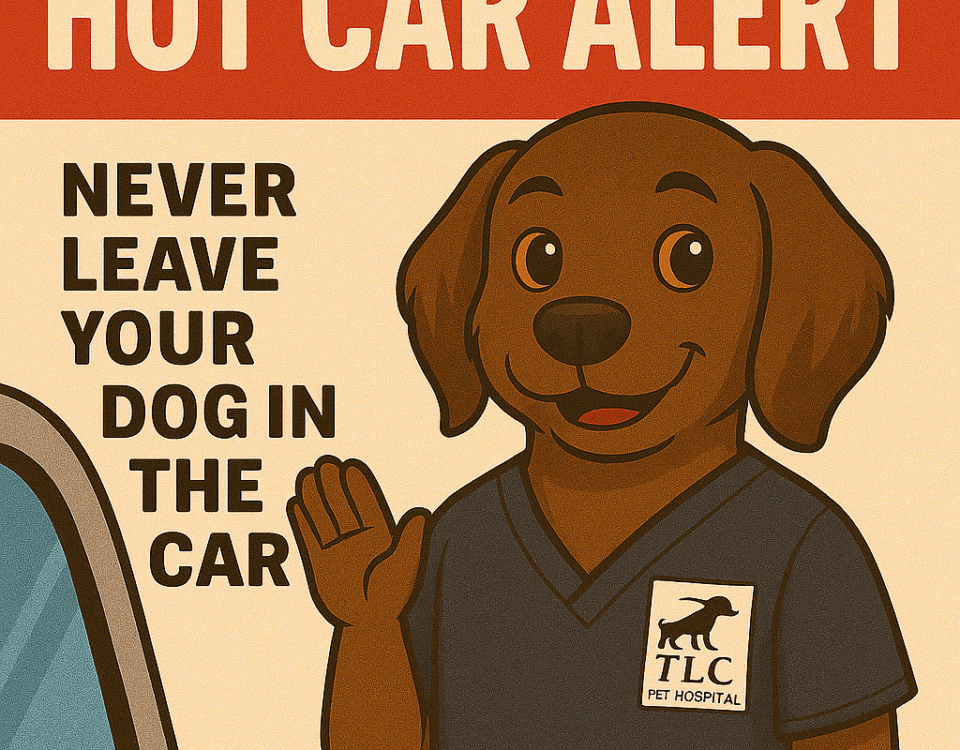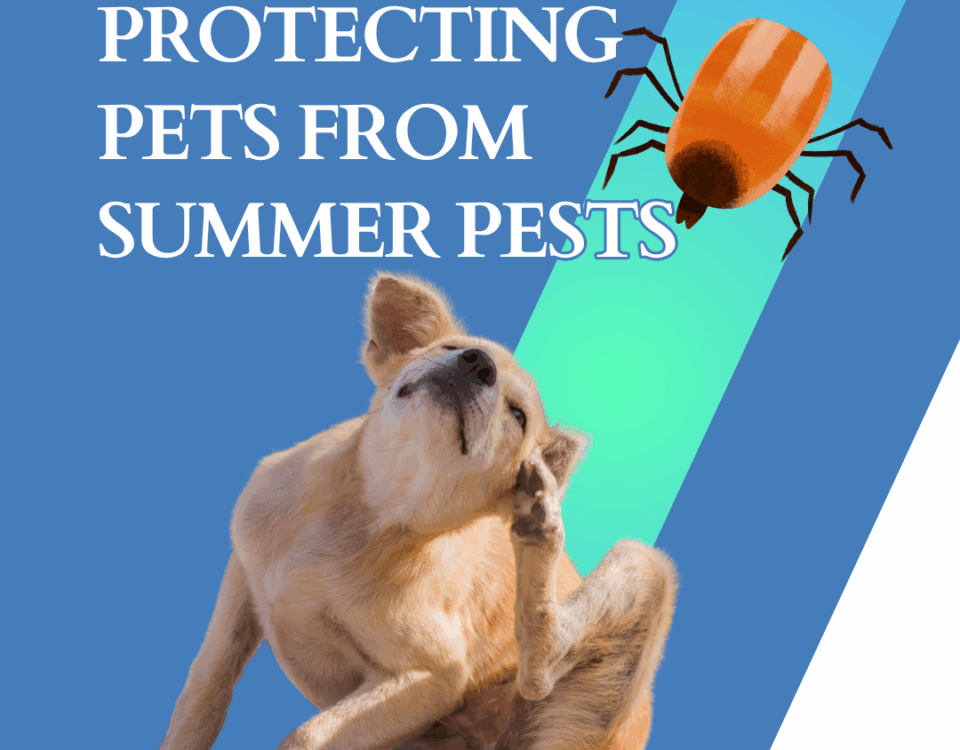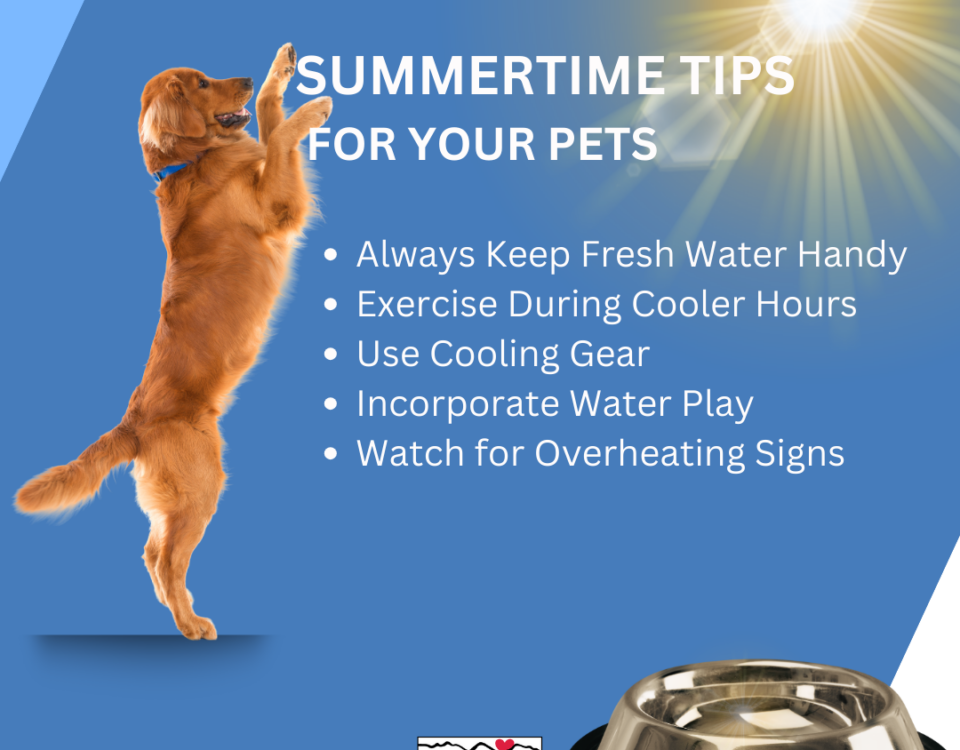Vaccinations
March 31, 201514 Best Pet Care Tips
April 7, 2015As we take care of our pets, there are bound to be accidents. Training a new dog or cat means that there will be potty-related accidents, sometimes on a new rug or clean carpet. Introducing a new pet to the home may also mean there are behavioral accidents like chewing on shoes or scratching furniture. But what about accidents with food?
Since pets are prone to doing things they shouldn’t, it’s necessary to evaluate the safety of your home and your habits! Whether you’re a first-time pet owner or simply haven’t had an animal in the house for awhile, chances are your new friend isn’t the only one that will have to adapt. Whatever your situation is, accidents are bound to happen.
I once had a dog that opened the cupboards to get into the trash. First we tried to block the cupboard door, then we installed a child safety lock, and finally we resorted to magnetic strips. All of these measures failing, we ended up adopting a system of putting the garbage bin on the counter when we weren’t around to catch Trixie up to her old tricks. A family cat named Professor was similarly sneaky. Professor worked his claws into zip-locked bags of kitty treats and plastic-wrapped plates of muffins before we realized we couldn’t leave any food whatsoever in the kitchen–or anywhere else.
Pet proofing your home is necessary if you haven’t had a pet in a while or have adopted a new animal that is curious, interested or mischievous! Some animals leave objects that aren’t their own kibble well enough alone, and aren’t interested in plates of food or items that may have fallen on the floor. Other pets will rip through bags of food, seek out the garbage, sniff and sample every potential morsel or bit of detritus, or beg while you’re eating.
Determine the level of interest your animal has in eating items other than his food, and plan accordingly. It’s also necessary to note that specific foods can pose a deadly danger to our furry friends:
DAIRY
Eggs, milk and cheese can cause illness in cats, which are actually lactose intolerant!
ONIONS
Onions and other related plants are known to be toxic to both dogs and cats. These vegetables are marked by a signature odor and flavor, and contain an enzyme called alliinase that is stimulating for humans but detrimental to pets.
PAIN RELIEVERS
Some common over-the-counter pills and medications can be harmful to your animals were they to be ingested. Acetaminophen can cause liver damage and failure, so be sure that your medicines are located in a safe place.
HOUSEPLANTS
Some exotic plants commonly used for decoration are poisonous when eaten by curious cats or dogs. These include lilies, azaleas, and coca plants, so note what flowers and plants are contained in bouquets or pots around the house.
TRASH
Your garbage bin may contain items that are as attractive to your pets as they are lethal. This includes sharp bones, rodenticide, and other throwaways like coffee grounds or plant scraps. Be sure to adequately dispose of your trash in a place that your pets can’t get to it.
OTHER
Some foods that may seen fundamentally natural for pets to eat may be a nightmare for your pet. It’s best to review just which foods can be toxic before introducing a new treat or reward to your animal companion.
If you think that your pet has accidentally ingested a toxic substance or some other item, call your veterinarian, emergency animal care clinic, or pet poison control helpline as soon as possible. For more information on keeping your animal safe, see the infographic below.



